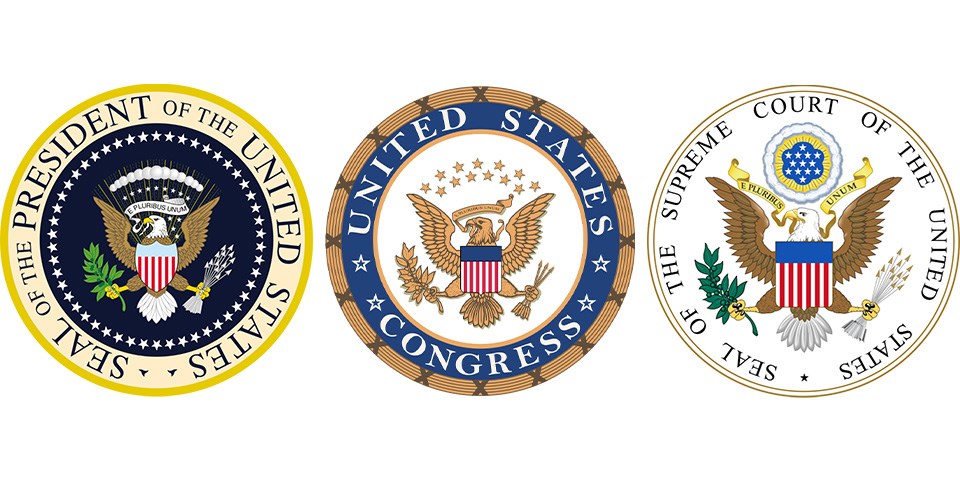Part of a series of articles titled The Constitutional Convention: A Day by Day Account for September 1787.
Article
September 3, 1787: Separation of Powers

"Mr. Randolph was inflexibly fixed against inviting men into the Legislature by the prospect of being appointed to offices.”
--James Madison's notes
Today’s session opened with debate on the “full faith and credit” article. Gouverneur Morris (PA) and Madison (VA) proposed amendments which passed, and the result [“Full faith and credit shall be given in each State to the public acts, records and judicial proceedings of every other State...”] was approved without a vote, although Randolph had lamented that the article’s “definition of the powers of the Government was so loose as to give it opportunities of usurping all the State powers.”
The clause giving Congress the power “to establish uniform laws on the subject of Bankruptcies” was taken up. Sherman (CT) observed that in England some bankrupts could be punished by death. He didn't want Congress to have such power. Gouverneur Morris (PA) saw no danger of abuse. The clause was agreed to 9–1, Connecticut opposed.
Next was debated the provision that Congressmembers be ineligible for other federal offices. Charles Pinckney (SC) moved to postpone this and take up a motion which would restrict members of Congress from accepting a salary for holding another office. His proposal failed 2–8, but others still wanted to limit this article.
King (MA) moved, and Williamson (NC) seconded, that Congressmembers only be ineligible for newly created federal offices. Sherman still supported total ineligibility but thought a better compromise would be to take King’s proposal and add to it a ban on Congressmembers occupying federal offices after they’d increased the salaries for those offices. After multiple members spoke up for and against King’s motion, it failed in a tied 5–5 vote.
Williamson now moved, and King seconded, a motion along the lines of the compromise Sherman had originally suggested. This passed 5–4–1: Connecticut, New Jersey, Maryland, and South Carolina, “no,” and Georgia, divided. The article now read, “The members of each House shall be ineligible to any civil office under the authority of the United States, created, or the emoluments whereof shall have been increased, during the time for which they shall respectively be elected. And no person holding any office under the United States shall be a member of either House during his continuance in office.”
On this day the Convention drove another nail in the coffin of a parliamentary system by making sitting Congressmembers ineligible for positions in the Presidential administration. While this proposal was hotly debated, the debate was on how far to go. No one questioned the concept of keeping legislative and executive powers separate.
- The Convention passed an article prohibiting Congressmembers from serving in Presidential administrations. This had the important effect of keeping the legislative and executive branches separate.
- Washington (VA) “visited a Machine at Doctor Franklin’s [PA] (called a Mangle) for pressing in place of ironing clothes from the wash. Which Machine from the facility with which it dispatches business is well calculated for Table clothes and such Articles as have not pleats & irregular foldings and would be very useful in all large families. Dined, drank Tea, & spent the evening at Mr. Morris’ [PA].”
- John Tabor Kempe wrote from London to inform Livingston (NJ) that the copies of New Jersey papers Kempe needed to support his claims against the Crown for losses caused by his loyalty have not arrived and he is anxious about them.
- One John Summers was buried in the "Strangers Grave Yard."
Last updated: September 22, 2023
